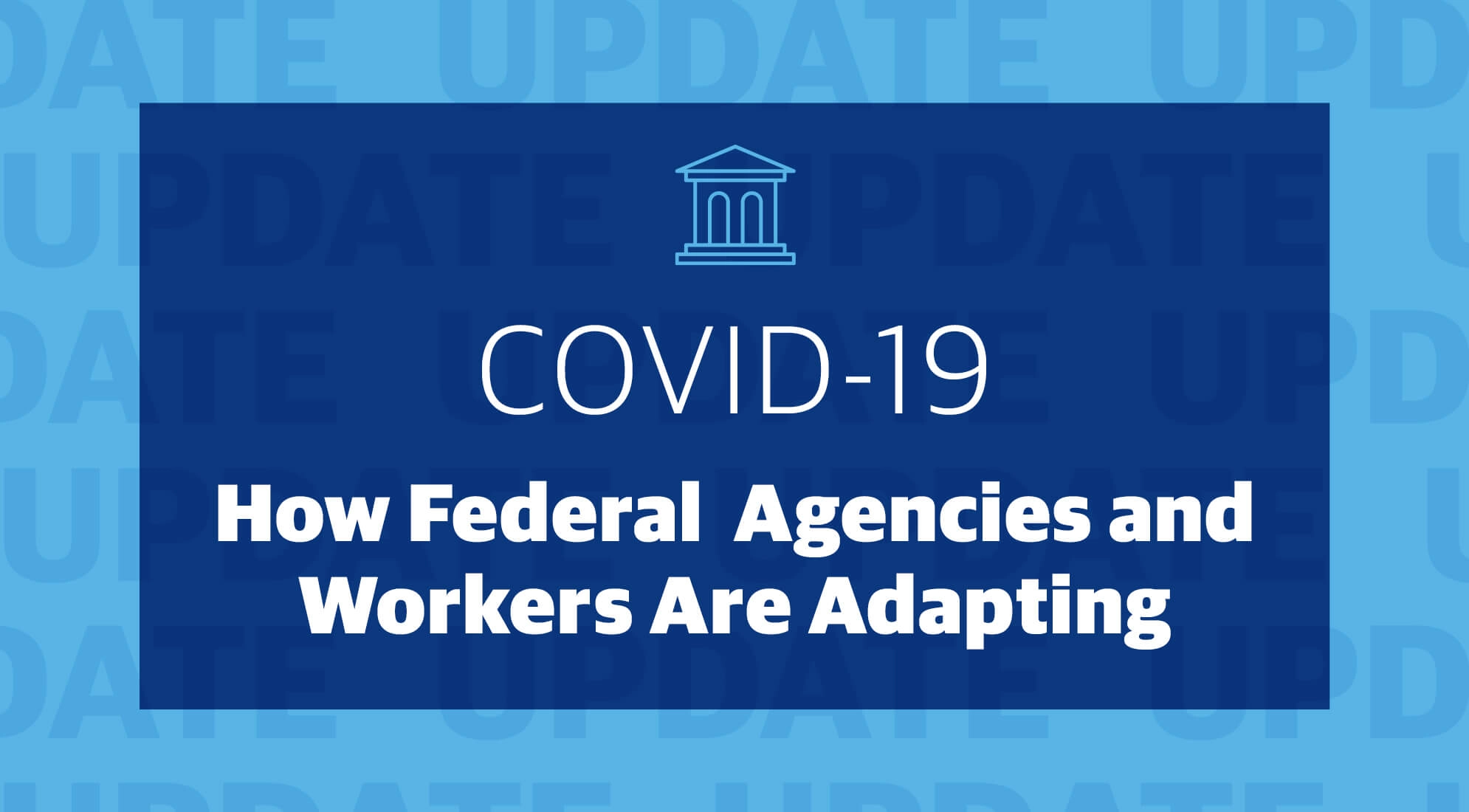Literally everyone is involved in some sort of crisis response as a result of the COVID-19 pandemic. That makes trusting in a return to stability difficult to do right now. And even if we want to pursue that stable future, it’s hard to keep our mindset future-focused when our attention and resources are constantly turned toward what’s right in front of us.
Medical professionals are leading the way on the front line, parents are dealing with children suddenly at home, business owners are trying to re-position themselves in a new marketplace and educators are trying to connect with their students remotely. Few directions we turn provide us with familiar stability. Instead, we are working to create stability on the fly for both ourselves and the communities for which we are responsible.
If there is any consistent truth across crises, though, it’s that they all come to an end. How and when is rarely clear. But they all do. And until then, organizations must strike the careful balance of simultaneously responding to immediate issues while planning for the time when the crisis will be over. Because how our organizations plan for post-pandemic life will determine success and survival as much as how we are responding to the crisis now.
Potential Crisis Impacts on Higher Education
For a college or university, this means remaining dedicated to stewardship responsibilities while you’re immersed in the duties of moving people off campus, coordinating a fully virtual learning environment, aiding the local community with their needs and more. The current situation, as turbulent as it is, won’t delegitimize the challenges that our organizations were facing before the onset of the pandemic. Rather, it may amplify some of them.
Enrollment instability was already an issue facing higher ed institutions. Who knows whether the move to online classes this semester, anxiety about a second round of the virus, or impacts to family/college finances will make it less likely for students to come back to campuses next year, accelerating the arrival of enrollment challenges already on the horizon?
Backlogs of facilities renewal have long been tied to the challenge of limited institutional resources. Now room-and-board losses for this semester, and possibly beyond, will only add to short-term budget issues. Not to mention revenues lost to departments whose activities have been cancelled, like athletics, events and research.

Setting New Strategies for the Post-Crisis Future
This public health crisis will reshape everything we do for some time, if not permanently. And new circumstances demand new strategies. Now is the time, as you have the opportunity, to reevaluate your future plans.
Here are some factors you might consider when planning for future impacts of the current situation:
- Potential near-term budget shortfalls and calls for temporary budget cuts.
- The possibility that Fall 2020 still won’t see a full return to normal operations.
- Reductions in operating budget due to long-term endowment draw changes.
- Changes in enrollment altering housing needs or classroom demand.
- Changes in students’ classroom expectations due to this online learning experience.
- What exactly “office space” will mean tomorrow in light of this move to remote working today.
- Whether existing spending priorities and pre-planned capital projects are still valid.
It can be hard to imagine putting time into in-depth strategic planning right now, especially since many of these considerations present difficult choices between familiar past operations and new, possibly unexplored strategies. Any of the points above may lead to organizational restructuring, space reductions, technological expansion and more. But as finance and facilities leaders get a chance to look up, there needs to be a dedicated effort to gather the relevant information and begin to explore, model and strategize around the best ways to prepare for a quickly approaching future.
This as an opportunity to be nimbler, more creative and more effective; It’s an opportunity to make choices in the very near term that can benefit in the long term. It is an opportunity that must not be missed.





